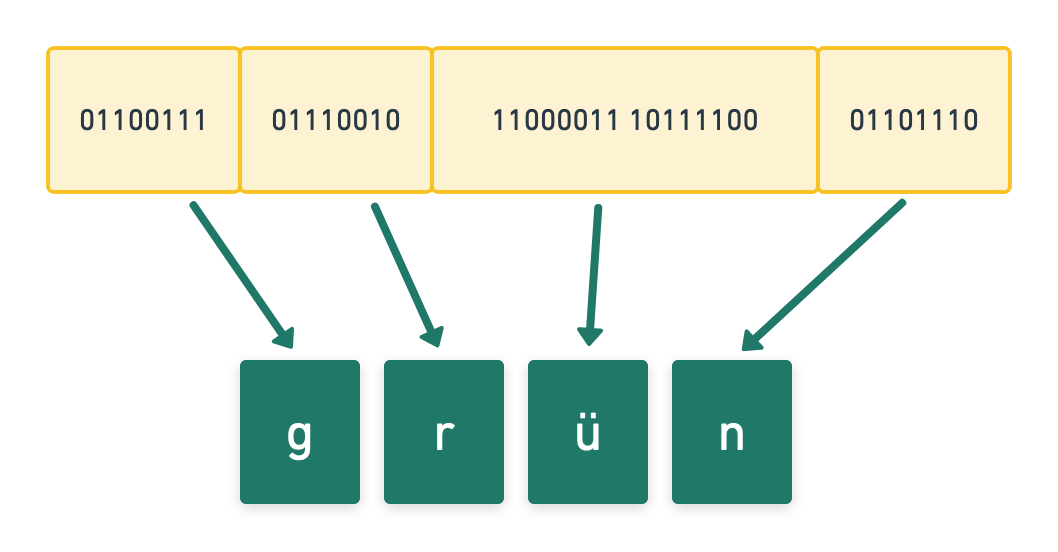

- #EXAMPLES OF MD5 ENCODING HOW TO#
- #EXAMPLES OF MD5 ENCODING CODE#
- #EXAMPLES OF MD5 ENCODING PASSWORD#
Because in Python-2, str was str and Unicode, so if you would just pass the string_to_hash, it would work fine. You might be confused between the Python versions while working with hashlib.sha256 and passing string_to_hash, and as a result, you are getting this error. – Passing string_to_hash in Different Python Values You might also get to face this error while using the hashlib and UTF-8 encoding system, which is a complicated way. Here the desired output from the wordlistfile should be an “str.” – Utf-8 Encoding System Or if you are working on a line-by-line basis. Wordlistfile = open(wordlist,“r”,encoding=‘utf-8’) Here you would be using “hash” and “wordlistfile,” so there could be two causes here either it is because it needs a character encoding from wordlistfile. You might get this error while working on hashlib and sys in Python. Here are a few cases explained let’s see what matched your case. There are several reasons why you face this error. What Are the Causes of Getting “Typeerror: Unicode-objects Must Be Encoded Before Hashing” Error?

#EXAMPLES OF MD5 ENCODING CODE#
("Length = " + fingerprint.length()) Īs can be seen in the code example above, we use the DigestUtils.md5Hex() method to generate the MD5 digest. Prints the text, the fingerprint and the length of the String fingerprint = DigestUtils.md5Hex(md5) Is typically expressed as a hexadecimal number, 32 \ MD5 was designed by Ron Rivest in 1991 to \ MD5 has been utilized in a wide variety of security \Īpplications, and is also commonly used to check data \ Widely used cryptographic hash function that produces \Ī 128-bit (16-byte) hash value. The MD5 message-digest algorithm is a formerly \ Calculates the MD5 digest for the long texts. Prints the plain text password, the digest and the length of String digest = DigestUtils.md5Hex(password) the value as a 32 character hex string.
#EXAMPLES OF MD5 ENCODING PASSWORD#
Calculates the MD5 digest for the password text and returns To make sure that your friend receive your original message without any modification you can send the generated hash in separated email that can be used to verify the message. The text is what you might want to send to a friend via an email.
#EXAMPLES OF MD5 ENCODING HOW TO#
On the example below you will see how to generate to hash to secure a password and also to generate the hash for a longer text. You can calculate the MD5 digest using the message digest library provided by the Java Standard Edition library, but the Apache Commons Codec library gives you a simple and easy to use API for generating the MD5 hash. There are other more secure hash algorithm out there such as the SHA-1 (Secure Hash Algorithm) but the MD5 message digest offer a faster implementation compared to SHA-1. For security reasons, you will never want to store user passwords in the application database in a plain text. One of the most commonly use for this functionality in an application is to secure a password. In this post you will learn how to calculate the MD5 digest of a string.


 0 kommentar(er)
0 kommentar(er)
